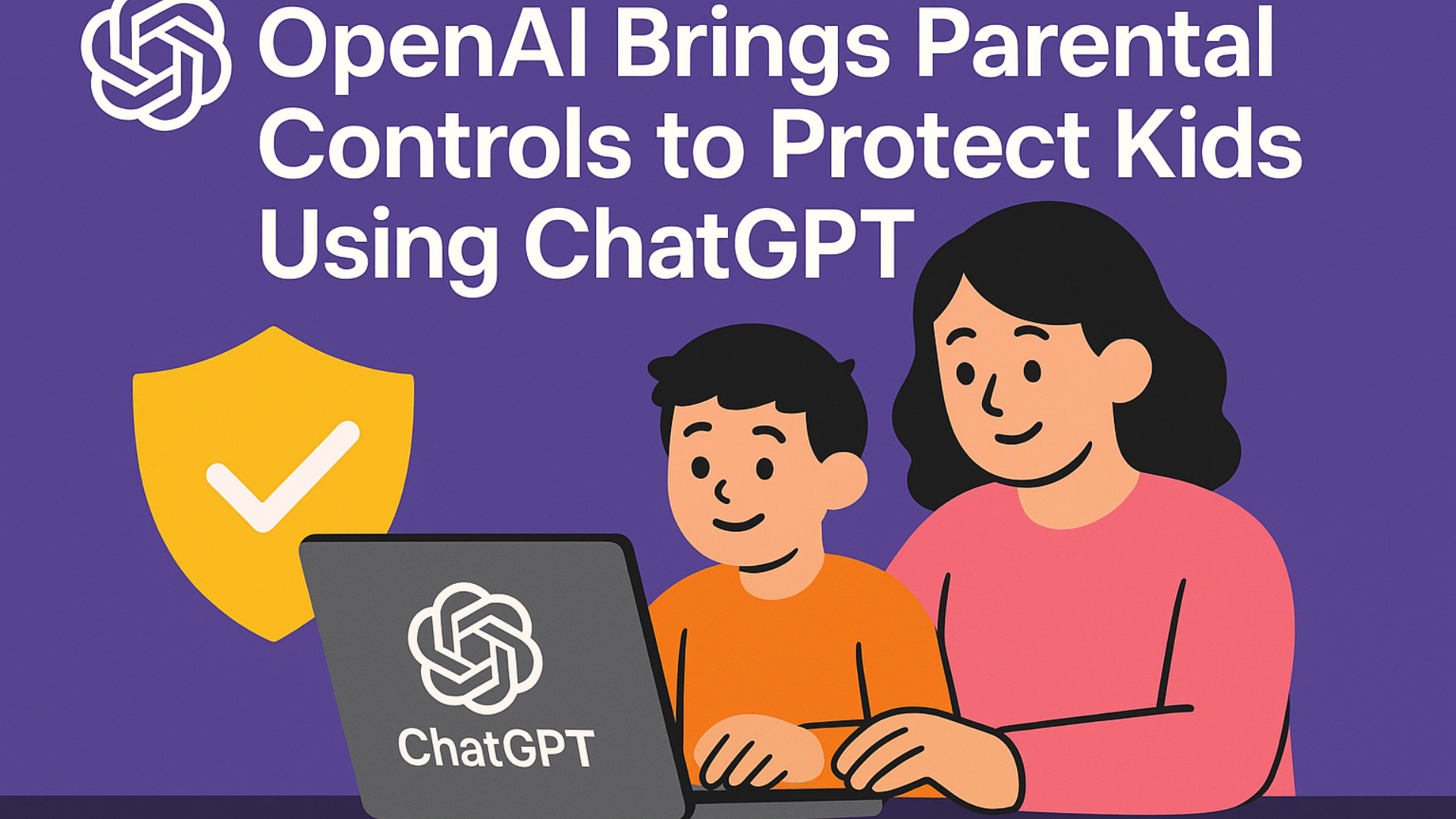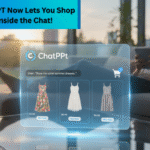OpenAI, the company that made ChatGPT, has added parental controls to keep children and teenagers safer while using the chatbot. These controls help parents manage how their kids use ChatGPT and make sure the replies are safe and age-appropriate.
Why Did OpenAI Add Parental Controls?
Recently, there were worries about how kids talk to AI chatbots. One sad event happened where a teenager harmed himself after confiding in an AI. To stop such risks, OpenAI decided to bring more safety tools. These panels are part of OpenAI’s bigger plan to protect minors online.
They are also working on a smart age detection system. This will guess if a user is fewer than 18 and then automatically apply safer settings.
Who Gets These New Controls?
The new parental controls are available to all users worldwide if they use ChatGPT on the web. OpenAI says these tools will soon come to mobile apps too. There’s no secure date yet for desktop apps.
How Parents and Children Can Link Accounts
- Either the parent or the teenager can send a request.
- The other person has to accept it.
- Once linked, the parent can see and manage the child’s ChatGPT settings.
- If the teenager goes to unlink, the parent will immediately get a notification.
This makes sure parents always know what’s happening.
What Can Parents Control?
Parents get a control page with several options:
- Quiet Hours – Parents can block ChatGPT at certain times, like sleep time or school hours.
- Voice Mode Off – Parents can stop ChatGPT from talking back in voice.
- Memory Off – Parents can make sure ChatGPT doesn’t remember past chats.
- No Image Generation – Parents can stop kids from creating pictures using ChatGPT.
- Opt Out of Model Training – Parents can stop their kids’ chats from being used to train future AI models.
Safer Settings for Teen Users
When a teen’s account is linked with a parent’s account, it automatically comes with stronger safety rules. This includes:
- Less harmful or graphic content.
- No romantic or violent roleplay.
- No viral challenges or beauty pressure.
These protections are on by default, and only parents can change them. Teens themselves cannot turn them off.
Alerts for Emotional Distress
OpenAI has also created a warning system. If ChatGPT notices that a young person seems very upset or talks about self-harm, it will:
- Share the chat with trained human reviewers.
- If needed, send a quick alert to parents by email, text, or phone notification.
However, if parents have chosen to turn off alerts, they won’t receive any messages.
In Case of Emergencies
If OpenAI believes that a teen’s life is in serious danger and parents cannot be contacted, the company may reach out to police or emergency services. Still, OpenAI promises to only share the minimum details necessary to protect the child.
The Big Picture
These new parental controls make ChatGPT a much safer space for kids and teenagers. Parents can now decide how and when their children use the chatbot and also get notified if something seems wrong.
OpenAI’s goal is clear: keep young users protected while they explore and learn with AI.



